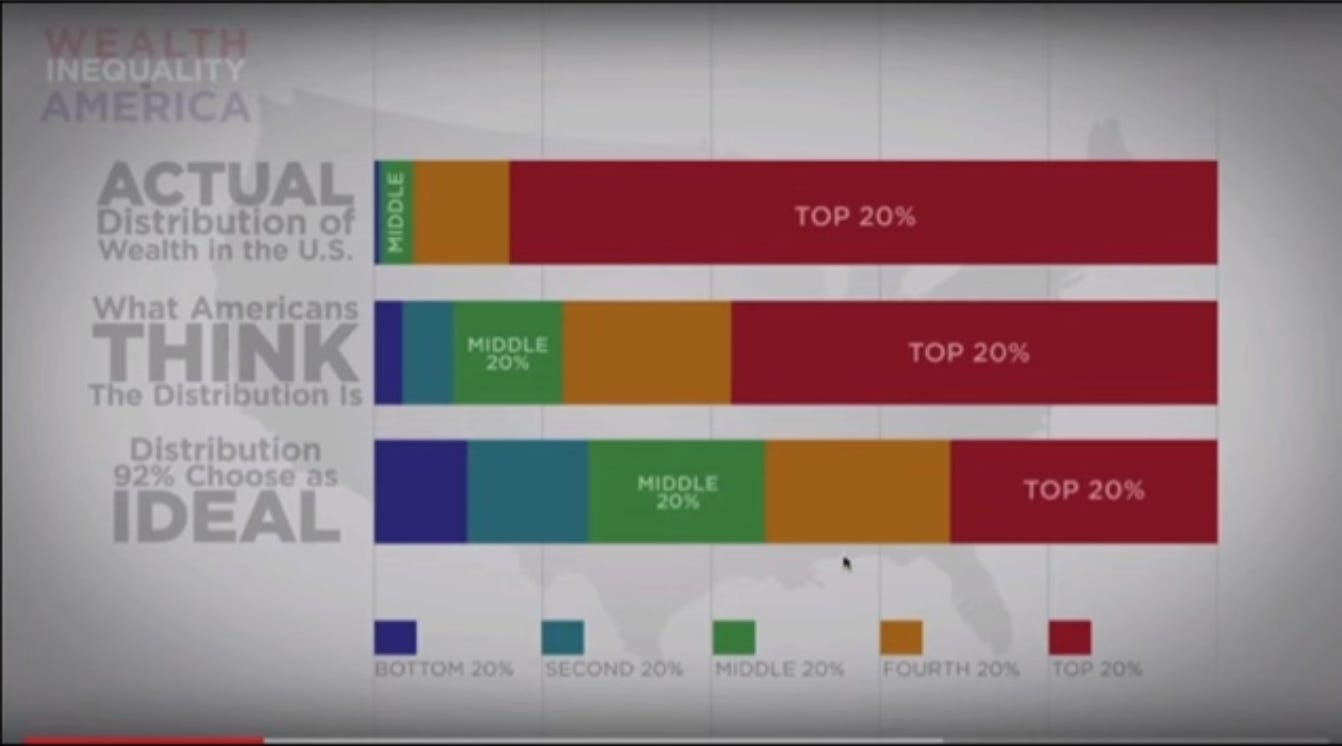Narrative Fallacy
We like stories, we like to summarize, and we like to simplify—to reduce the dimension of things.
We’d be embarrassed to admit how little we really know—not just about the future, but also about our perception of the present. Daniel Kahneman’s work told us the limits to our knowledge are normal.
While most of the time, we act on instinct, “Our comforting conviction that the world makes sense rests on a secure foundation: Our almost unlimited ability to ignore our ignorance.”
Reminder: You can get extra insights—in-depth information, ideas, and interviews on the value of culture.
Join the premium list to access new series, topic break-downs, and The Vault.
Ever since I came across the concept of ‘narrative fallacy’ in Nassim Taleb’s The Black Swan I haven’t looked at the world the same way. Because it applies to pretty much everything.
In Taleb’s words, “the fallacy is associated with our vulnerability to over-interpretation and our predilection for compact stories over raw truths.” The section on knowledge begins with a poignant story from an encounter the author made and ensuing exchange:
“I am a fan of your ideas, but I feel slighted.” said a professor from a university in southern Italy after a speech by the author in the fall of 2004.
“These are truly mine too, and you wrote the book that I (almost) planned to write,” he continued.
“You are a lucky man; you presented in such a comprehensive way the effect of chance on society and the overestimation of cause and effect. You show how stupid we are to systematically try to explain skills.”
He then added:
“But, let me tell you something: had you grown up in a Protestant society where people are told that efforts are linked to rewards and individual responsibility is emphasized, you would have never seen the world in such a manner. You were able to see luck and separate cause and effect because of your Eastern Orthodox Mediterranean heritage.”
[part of the dialogue is edited for brevity. Addition to this post suggested by Taleb via email]
It’s hard to avoid interpretation—brain functions often operate outside our awareness.
Kahneman expands on the concept in Thinking Fast and Slow, not an easy book to read (even if you read it poolside in the Caribbeans as I did many years ago.)
“Flawed stories of the past shape our views of the world and our expectations for the future. Narrative fallacies arise inevitably from our continuous attempt to make sense of the world. The explanatory stories that people find compelling are simple; are concrete rather than abstract; assign a larger role to talent, stupidity, and intentions than to luck; and focus on a few striking events that happened rather than on the countless events that failed to happen. Any recent salient event is a candidate to become the kernel of a causal narrative.”
We store patterns in our memory because that way we no longer need to memorize all the information we come across.
Our heads afford us limited storage space, we are limited by time and most importantly, we have limited attention spans. The more we summarize, the more order we put in, the less randomness.
So the same condition that makes us simplify pushes us to think that the world is less random than it actually is. After we experience things, our remembering self looks back at what happened and edits it—we recall the highlights, not the low moments.
We also consider some things more important when we’re prompted to think about them. But it can be difficult to evaluate the quality of an experience divorced from the remembering self.
Sometimes admitting ‘we don’t know why that happened’ would be simpler than trying to retrofit facts into a storyline to give the impression of causality.
I’m working on two essays related to the ‘narrative fallacy’ for the coming weeks—one to zero into culture as a lens to view mistakes and failure, the other on the value of the humanities to reconnect with reality.
References:
Taleb, Nassim Nicholas, The Black Swan, (Random House Trade Paperbacks, 2010)
Kahneman, Daniel, Thinking Fast and Slow (Farrar, Straus and Giroux, 2013)






Synchronicity abounds. How often you write about what I've been thinking. Is this just the story I am telling myself as my "narrative fallacy"?